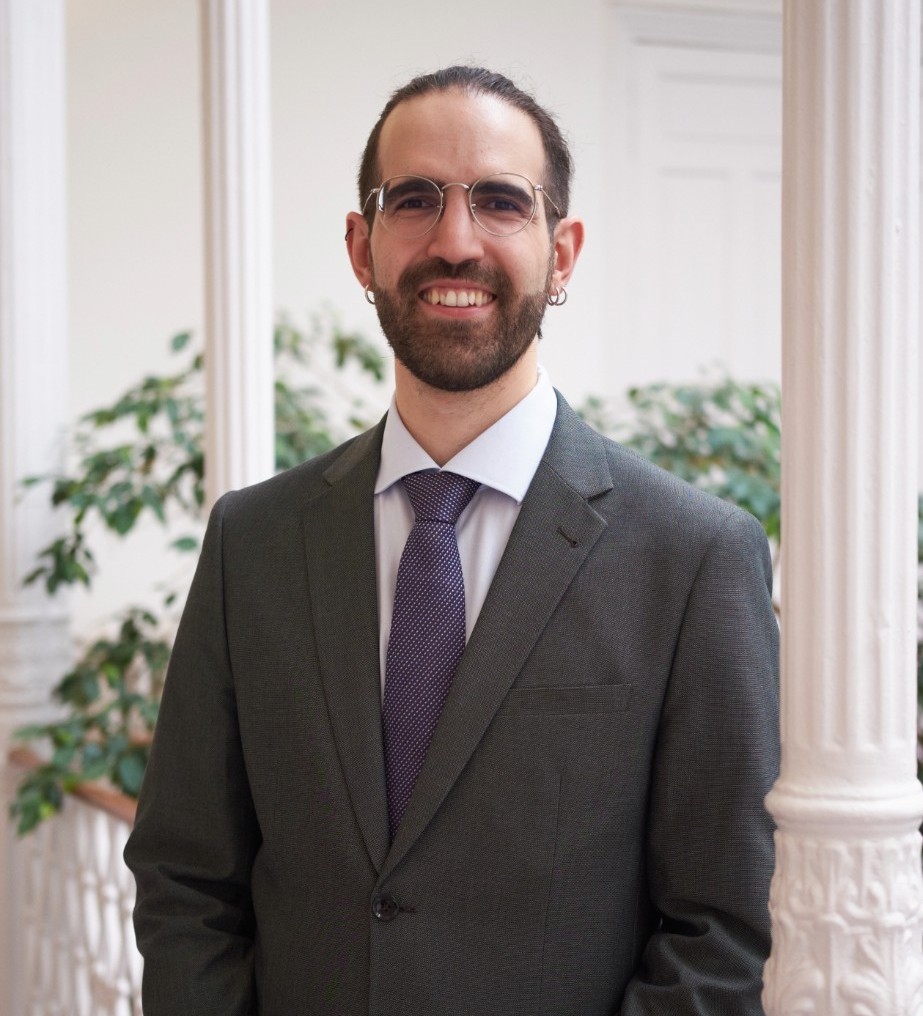
CRISTIAN NAVARRO
PhD Candidate in Economics, CEMFI
cristian.navarro@cemfi.edu.es
Research
Teaching
Autocrats Remake the State: Evidence from Francoist Spain
with Ricard Grebol
DraftIn autocracies, personnel decisions often prioritize ideological alignment over merit. We investigate how such ideology-based personnel selection shapes the quality of the public workforce and its implications for state capacity. We examine this in the context of a large-scale political purge and reorganization of primary school teachers carried out by the Francoist dictatorship following the Spanish Civil War (1936-1939). We construct a novel dataset linking newly digitized purge archives and administrative records that track teacher careers, and document that more competent teachers were disproportionately dismissed and that average experience declined by about 2.6 years (14.4%). Local shortages created by the purge were partly offset by regime efforts to reassign teachers across municipalities, yet coordination frictions in this process left persistent staffing deficits that spread to areas less affected by the purge. Our findings show how ideology-based personnel reforms can erode public workforce expertise and weaken the state's capacity to deliver essential services, providing a mechanism through which autocratic consolidation entails sizable capacity costs.
with Alexsandros Cavgias
This paper provides the first causal test of the widely debated hypothesis that British colonial institutions promoted sexual prejudice—defined as negative attitudes toward sexual minorities—in postcolonial societies. We document five main findings. First, after accounting for differences in contemporary economic development, OLS estimates from a cross-country sample of former European colonies reveal that former British colonies exhibit higher sexual prejudice than those of other European powers. Second, Geo-RDD estimates show that former British colonies have significantly greater sexual prejudice than former Portuguese colonies in Southern and Eastern Africa, where local norms did not systematically condemn same-sex relations. Third, Geo-RDD estimates indicate that former British and French colonies display similar levels of sexual prejudice in Western Africa, where a higher share of the population adheres to religious norms condemning same-sex acts. Fourth, additional evidence from areas in South America and Southeast Asia not characterized by homophobic social norms before colonization reinforces the external validity of our findings from Southeastern Africa. Finally, mechanisms analysis suggests that the persistence of sodomy laws fully accounts for the negative association between British colonial origin and contemporary sexual prejudice across countries. Overall, our results indicate that British colonial origin notably increased sexual prejudice in societies with social norms different from the penal codes imposed by colonizers.
with Miguel Almunia and Begoña Varela Merino
We evaluate the impact of a randomized intervention designed to promote labor market integration among people experiencing homelessness in Spain. Participants were randomly assigned to either a personalized employment program, featuring intensive caseworker support and financial assistance, or to the traditional employment model. Short-term results show substantial gains for the treatment group in housing stability, employment, income, and life satisfaction. However, these differences largely dissipated after six months, as the outcomes of those in the traditional model improved. The findings highlight both the potential of personalized approaches to accelerate integration and the challenges of sustaining long-term effects in homelessness interventions.
Ballot Measures, Political Advertising, and Contribution Caps
with Pello Aspuru
We study how the stringency of campaign expenditure limits shapes elections. On the one hand, unrestricted spending may increase participation by providing voters with more information through increased advertising. On the other hand, unrestricted advertising may persuade the electorate towards the best-funded campaign. We collect county-level outcomes on fifty state-level ballot measures in the US, as well as the universe of television ads for those referendums. Exploiting exogenous geographical variation between state and media market boundaries, we find no significant evidence of an informative effect of political advertising. In contrast, the reduced-form evidence suggests a significant persuasive effect. We develop a structural model capturing the strategic interaction between opposing campaigns to assess counterfactual election outcomes under alternative campaign expenditure limits.
Why Inform? Ideology, Interest, and Animosity in Times of the Inquisition
What motivates denunciation under institutions of social control? Becoming an informer involves effort and potential social costs if one's identity is discovered. We investigate whether informers are primarily driven by ideological conviction, personal animosities, or expectations of material rewards from the regime. We draw on a unique corpus of more than 5,000 case instructions from the Spanish Inquisition in the 18th century, which include detailed testimonies from informers, defendants, and witnesses. We use natural language processing to analyze these testimonies quantitatively and characterize informer motivation.
The Political and Economic Costs of Armed Nationalism: Evidence from ETA and the Basque Country
with Ricard Grebol and Luca Repetto
Uncertainty and Information (Microeconomics II)
CEMFI graduate course.
Teaching assistant for Professor Guillermo Caruana. Winter 2024.
Markets and Organizations
CEMFI graduate course.
Teaching assistant for Professor Guillermo Caruana and Wouter Vergote. Spring 2023.
In Natural Resources and Divergence: A Comparison of Andean and Nordic Trajectories, 2021. with Marc Badia-Miró, José Peres-Cajías and Anna Carreras Marin .
Built based on Hyde Jekyll theme. Cooper Hewitt typeface by Chester Jenkins.